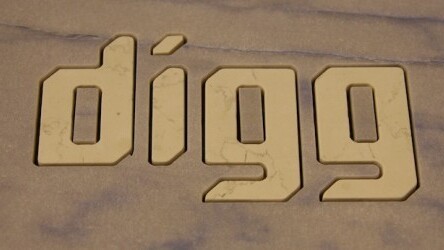
Following Google’s announcement that it will kill off Google Reader on July 1st, Digg revealed its plans to build an RSS reader of its own last week. Now, more details have surfaced; Digg appears to be quite serious about this initiative, and has released an outline based on user feedback.
After “combing through” 800 comments on its announcement post (Digg says that’s more comments than it received back when the relaunch was announced), the company details that four key points surfaced
- Keep it simple, stupid
- Make it fast (like, really fast)
- Synchronize across devices
- Make it easy to import from existing Google Reader accounts
Digg says that Google Reader had “room for meaningful improvement,” despite doing “a lot of things right.” Its goal is to create a “clean and flexible” service which “bends easily and intuitively to the needs of different users.”
Apparently, social services like Twitter, Facebook, Tumblr, Reddit, LinkedIn, and Hacker News will also be catered to with this new, unbuilt product — sites which were not given any attention during Google Reader’s lifetime.
Why Build It?
As a socials news aggregator searching for traction, it’s easy to see why Digg would be interested in building a Google Reader replacement. The site already aims to be a destination for discovering top news stories, and so owning a solution for reading feeds could help Digg regain mindshare — especially among power users.
It’s also not hard to imagine a future where Digg functionality is embedded into this upcoming RSS reader (“submit to Digg” buttons, etc), driving more traffic back to Digg.com. Of course, the company would have to tread carefully in doing this.
We’re unaware as to when this product would be set to launch, but Digg has called the initiative a “(mildly insane) sprint,” hinting that it hopes to have the product ready in a short amount of time.
Digg has created an email list for those interested in tracking its RSS reader progress. You can sign up for that here.
Image credit: LaughingSquid / Flickr
Get the TNW newsletter
Get the most important tech news in your inbox each week.




